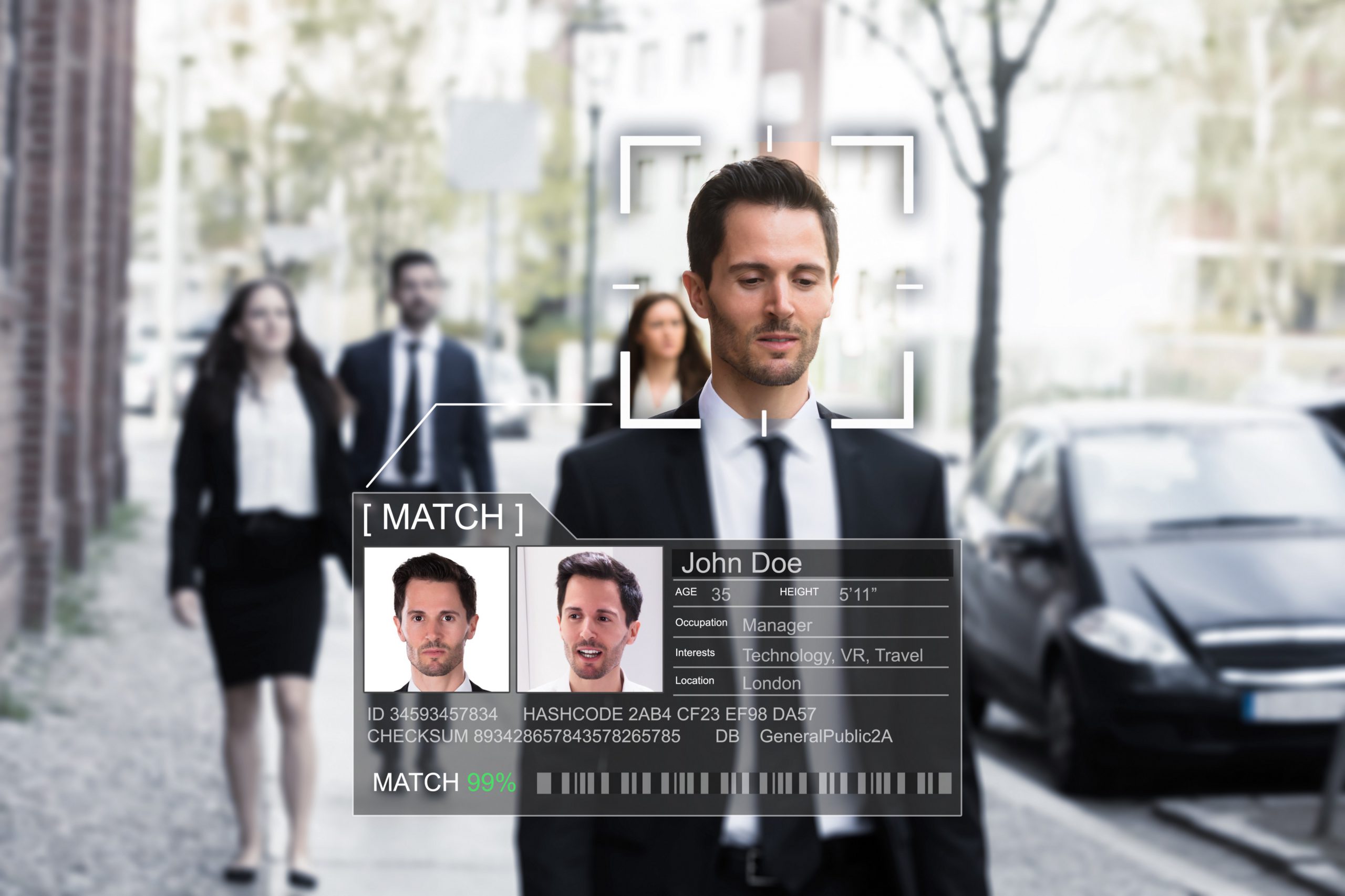
San Francisco’s Facial Recognition Ban Sets Tone For Government Technology Use
San Francisco’s Facial Recognition Ban Sets Tone For Government Technology Use
A few weeks ago, San Francisco became the first city in the United States to ban the use of facial recognition technology by police, city agencies, and other government organizations. This ban, which may feel like a common-sense action in the eyes of privacy-conscious individuals, represents a significant step towards controlling government technology use.
While many consider the rise of advanced technology to be a modern miracle, it is essential to remember that technology is a tool. As a tool, recent advancements like facial recognition and other forms of artificial intelligence can be used in both positive and negative ways.
For example, take the recent rise of the so-called surveillance state in some provinces of China. This situation represents an almost dystopian use of technologies such as facial recognition by government organizations. In fact, many critics consider the widespread use of such technologies to be a human rights violation due to the potential oppression that could result.
So, does this mean that technologies like facial recognition should be banned from use by governments around the world? Some experts feel that it should be, and this is an understandable point of view, especially when one considers the immense power that such technologies can provide.
However, consider the positive impacts that facial recognition technology could have in the hands of government organizations. For example, consider search and rescue operations for kidnapped individuals. It was recently reported that a kidnapping victim was rescued thanks in large part to video captured from a smart home doorbell camera.
In this situation, new technology was used to assist police in the protection of an innocent individual. Under the right circumstances, such efforts couple be expanded to use facial recognition technology, which could theoretically track alleged kidnappers as they attempt to avoid capture.
Now, it is important to note that this is just a theoretical situation. From our understanding, technologies like facial recognition have yet to be used in such a context. Yet, it is important to consider the potential positive effects of advanced technology in the hands of government organizations when having such debates.
With this being said, it is hard to say for sure whether San Francisco’s ban is truly right or wrong. Unfortunately, the nature of artificial intelligence-based technology lends itself to complex ethical debates, which we don’t have time to cover here.
As of today, what we do know is that San Francisco took a major step towards limiting the ability of governments to misuse advanced technology. Such actions represent a significant step forward, as rules and regulations must catch up with technological advancements eventually.
Moving forward, it looks as if other governments around the world may take steps towards facial recognition bans of their own. We look forward to following this interesting topic as it continues in the coming weeks. For the time being, it is safe to assume that debates will continue to rage surrounding the use of other similarly advanced forms of technology like self-driving cars.
